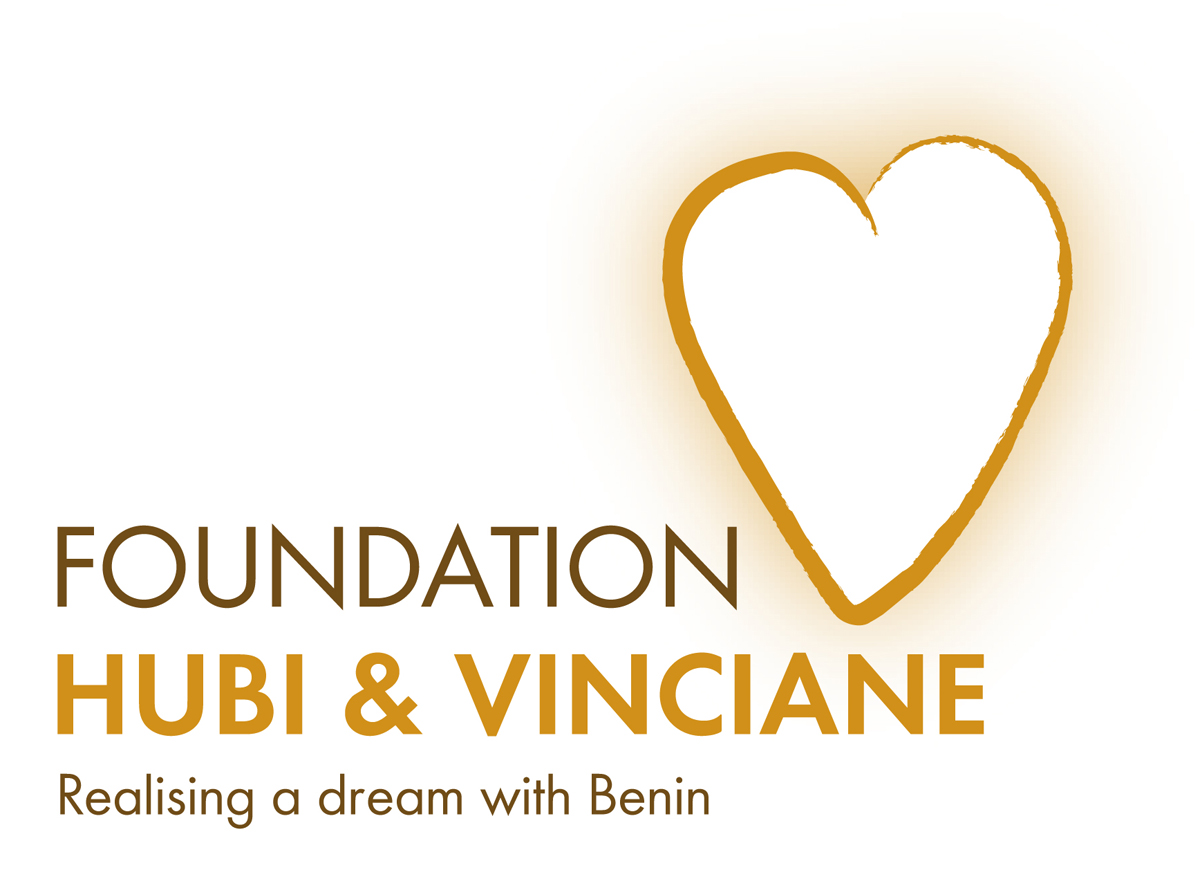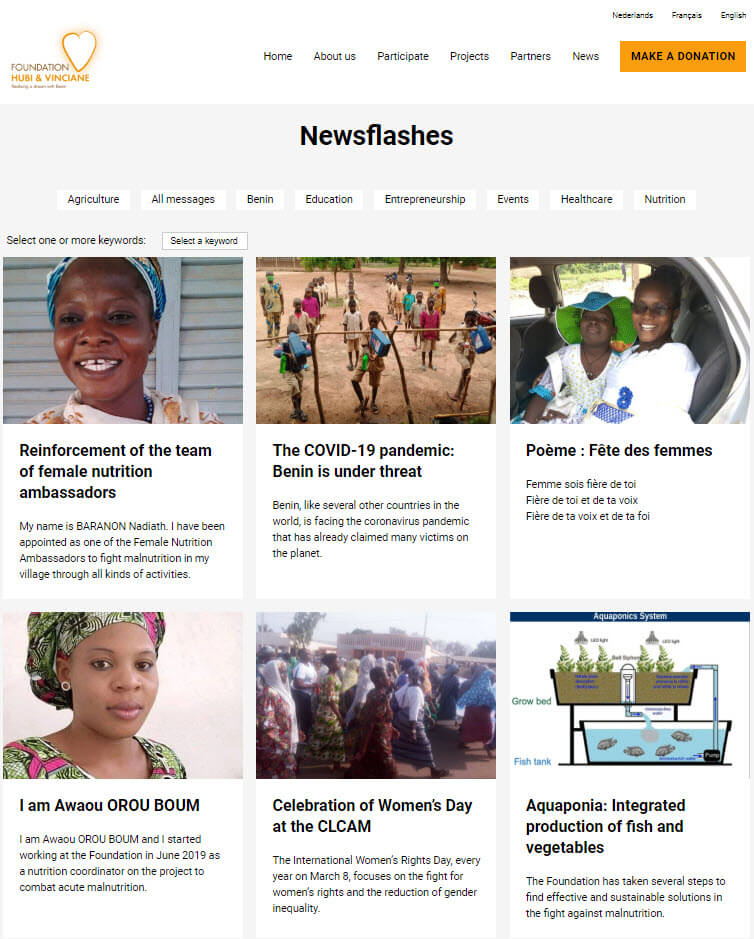Hubi & Vinciane launches non-communicable disease prevention project
Non-communicable disease prevention project
(Diabetes and Hypertension)
Funding from the Belgian Directorate-General for Development Assistance
The Hubi & Vinciane Foundation is launching a new project in Benin, specifically a project for preventing non-communicable diseases (NCD) such as diabetes and hypertension or high blood pressure.

In partnership with Louvain Coopération, it will be rolled out in six villages and urban districts in the municipalities of Parakou and Tchaourou. In Parakou, these are Wansirou, Agbagba and Baka and in Tchaourou, Koubou, Tékparou and Kaki-Koka. The project is funded by the Belgian Directorate General for Development Aid (DGD) and will last for five years. The goal is to develop preventive and health promotion actions for the population to reduce the incidence of non-communicable diseases. Those actions will focus on a healthy diet and lifestyle.
Status of the project.
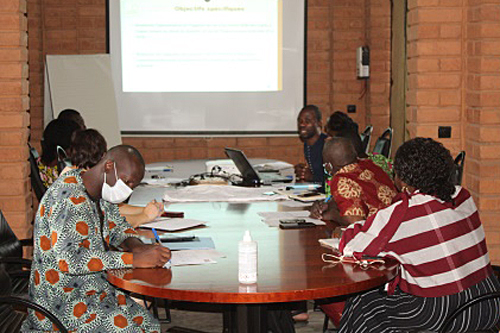
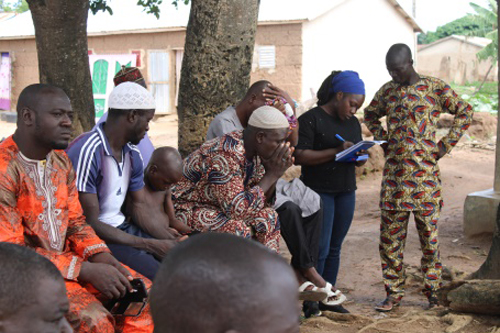
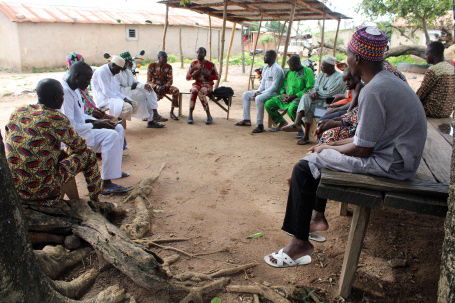
On April 1, 2022, the project started. To coordinate the project and oversee the various activities, we recruited Rahmat Sokouinto. You can also find the report of the introductory interview with her in this newsletter. Her role is to support and guide the local communities in acquiring a healthy diet and lifestyle. Following the recruitment of Rahmat Sokouinto, the project was effectively launched and presented to our local partners, including the municipal councils of Tchaourou and Parakou, Parakou University, and those in charge of the health zones of Parakou-N’Dali and Tchaourou. On June 16, all the actors involved met at our headquarters, the CIAP in Parakou.
Afterward, the project team presented the project to the representatives (village representatives, religious leaders, and politically elected officials …) of the six local communities. Everyone was very positive. The initiative is highly appreciated. Especially the people active in the medical and health sector and the villagers themselves were very satisfied.
The first step will now be to survey the various communities’ knowledge, attitudes, and practices about NCDs. Based on the results of that survey, the project team will be able to determine where what actions are needed. Rahmat Sokouinto will also train and install teams of local support workers. Those teams will help with the sensitization activities and the cooking demonstrations. She will also monitor the local communities’ various measurements (weight and height, waist circumference, blood pressure, blood sugar levels, etc. ). Furthermore, the project team will organize weekly sports activities and make regular home visits to follow up on the compliance and results of the different actions.
We wish the project team the best of luck.
